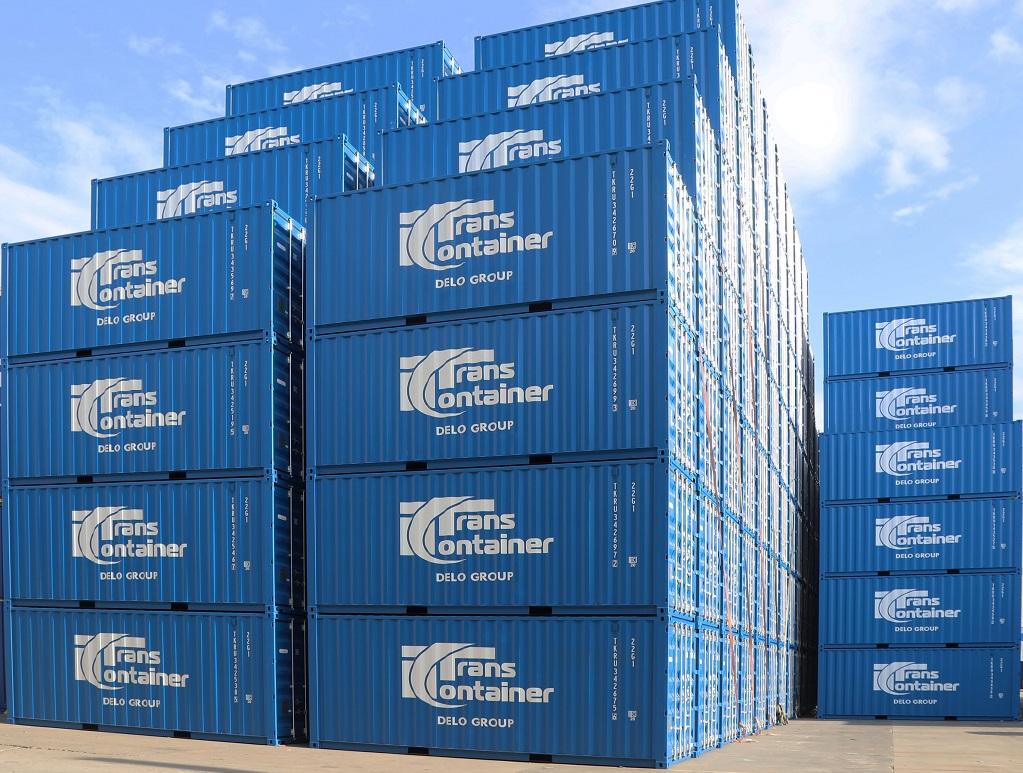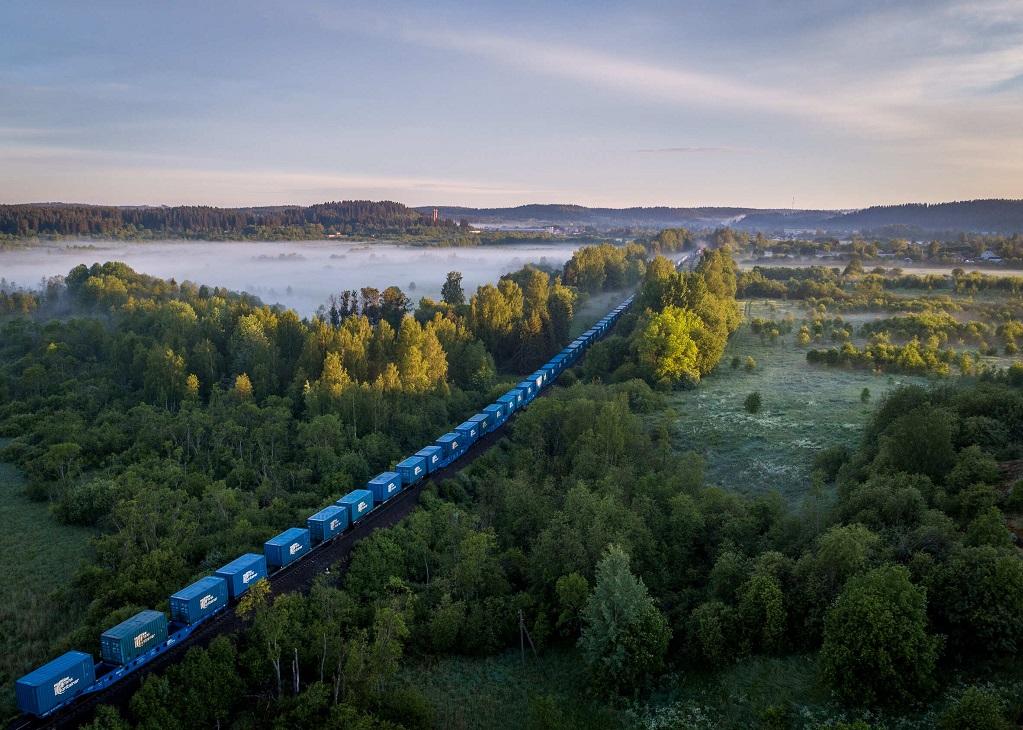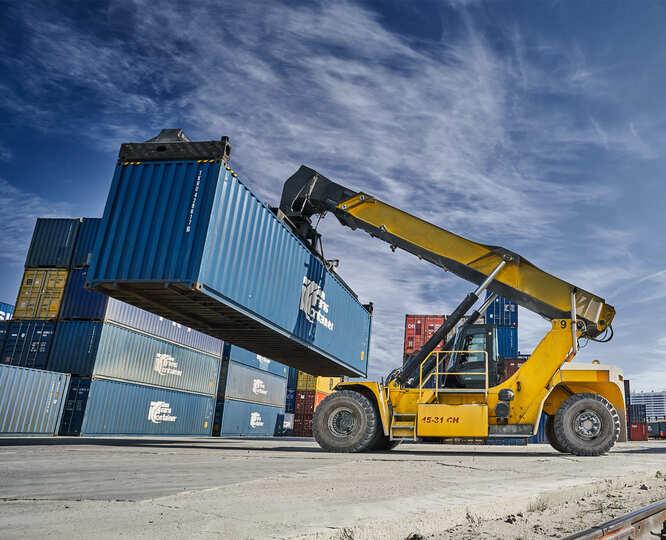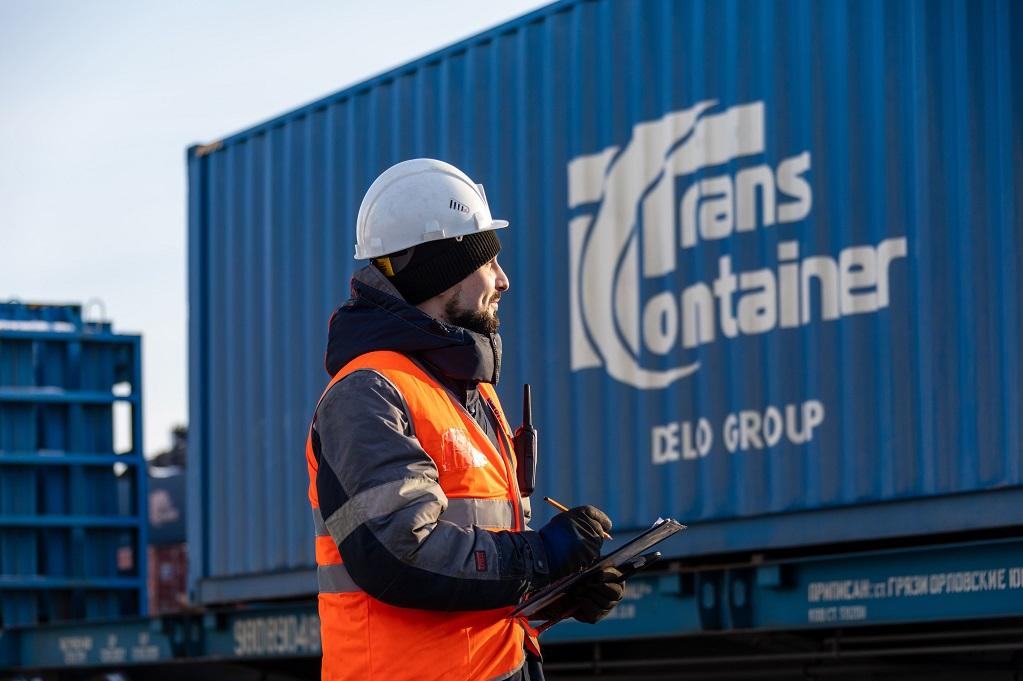Press Releases
TransContainer supports active digitalization of customs procedures
The active position of the Russian customs authorities made it possible to mitigate the impact of the processes brought about by the rapid transformation of foreign trade flows on the transportation market. Valery Veremeev, First Vice President of TransContainer (part of Delo Group), gave this statement during the International Customs Forum 2023.
He highlighted the work carried out by the Federal Customs Service (FCS) of the Russian Federation to improve the quality of control procedures and the agency's focus on the constructive dialog with business. As a positive example of such interaction, Mr. Veremeev cited the expanding practice of transferring customs inspection procedures to destination station.
The corresponding experiment has been conducted since July 2023 with respect to transportation through the largest Russian-Chinese railway border-crossing point of Zabaikalsk, where TransContainer's terminal is located. Customs inspection of cargo in containers is carried out at the transport and logistics centers of the Moscow transport hub (MTH).
This practice is already paying off, relieving the burden on the customs authorities at the border and facilitating the passage of trains. "We would also suggest looking at another large border-crossing point that is important for us – Naushki on the border with Mongolia. We believe that there is an opportunity to organize a similar format of train passage with inspection at the Moscow transport hub. For our part, we confirm our plans to develop MTH terminal infrastructure," said Mr. Veremeev.
At the same time, in the context of foreign economic activity (FEA) digitalization in the EAEU, it is worth gradually moving away from regulatory atavisms that create additional time costs and technological difficulties for the transportation process.
For example, in the course of electronic declaration of goods in another EAEU state, even in the presence of electronic shipping documents, it is necessary to physically submit the original consignment notes to the customs authority and only after getting inspection marks - to return them to the station of departure for further control procedures. This takes additional time, which negatively affects train preparation period. Transition to full-fledged e-document flow between the customs authorities of the EAEU can become one of the possible solutions.
"Digitalization, joint analysis of business processes of the entire FEA chain, and risk management are effective tools and can sometimes have a tangible effect. As a leading container operator and part of the country's largest transportation and logistics holding Delo Group, we are ready to join in this process, invest in digital technologies, and implement the necessary tools and procedures in our IT solutions for the customers. This will facilitate joint work, as well as simplify the transfer of information and reduce the number of errors," said Mr. Veremeev.




